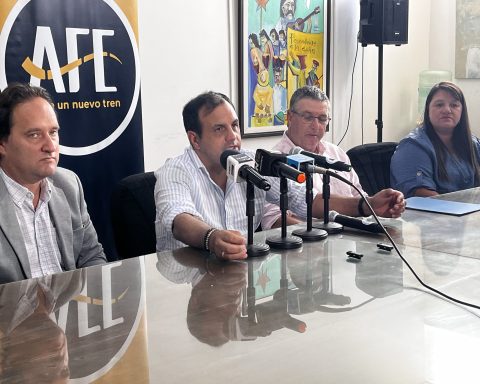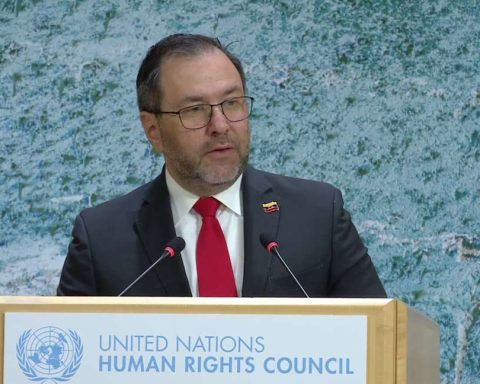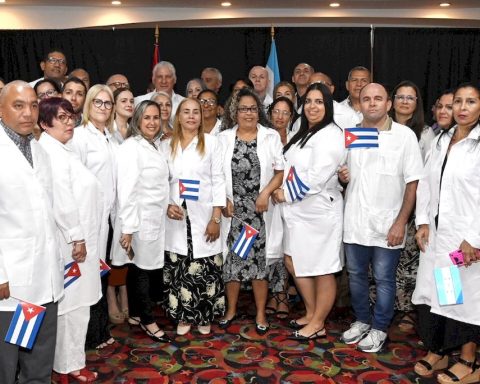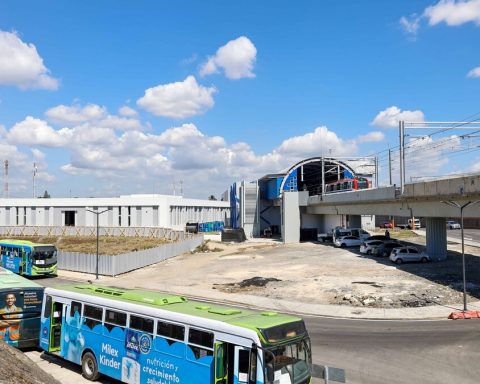The Uruguayan Association of Pig Producers (AUPC) took steps to that the industries that import, process and market pork acquire at least 2% of the raw material they need from local breeders and, furthermore, that there a price that allows them to sustain their production systems.
Fernando Andrade, president of the AUPC, told The Observer that the loss of producers continues to be a serious problem, that every month a hatchery closes and that to correct that the fundamental tool is that there is security that what it produces will be able to sell well.
“There is almost no one who buys pigs in Uruguay, it is difficult to sell and although there are other problems that is currently the main one,” he said.
He added that it is impossible for anyone who is not involved in a sales dynamic to move forward. Several producers support themselves because they are part of the Uruguayan Limited Agrarian Cooperative of Pig Producers (Caluprocerd), which among other services channels the sale of animals of outstanding and uniform quality from 140 breeders from 14 departments.
But the universe is larger, which is clear just by mentioning that there are 300 who resort to the cooperative, for example, to purchase inputs at advantageous prices. “The cooperative does everything it can, it has sales agreements and we kill about 300 or 400 pigs per month, but it cannot buy from all the producers,” he added.
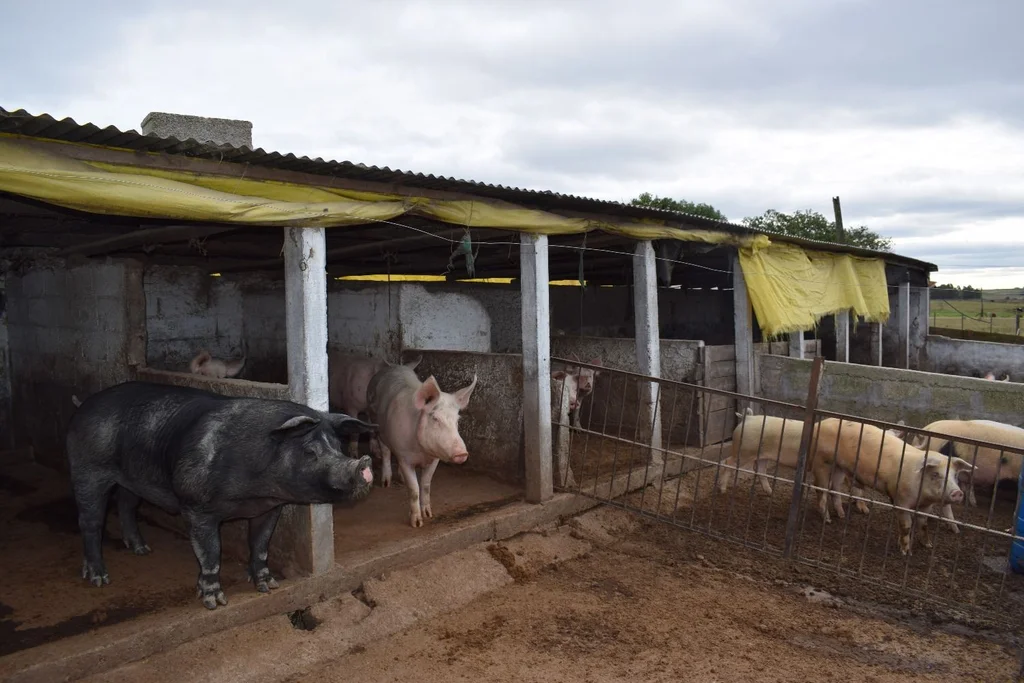
John Samuelle
Pig farm.
Andrade said that “at least” 80% of the pork that is sold in the market is imported from Brazil, frozenespecially carré, but also ham pulp and that is used, for example, to make sausages, he explained, purchases that the industries prioritize doing business abroad basically for a price issue“because the national fresh meat that the cooperative sells is undoubtedly much better, without growth promoters and without antibiotics”.
He indicated that “a ham pulp enters from Brazil at $140 or $150 per kilo and that is already the cost we have, therefore adding fixed costs and others if we sell at that price to compete we lose money.”
This, he regretted, “It’s been a lifetime, it’s not a current problem, there has never been a State policy to protect pig farmers and their families producing in the field and preventing them from going to suffer in the capital”.
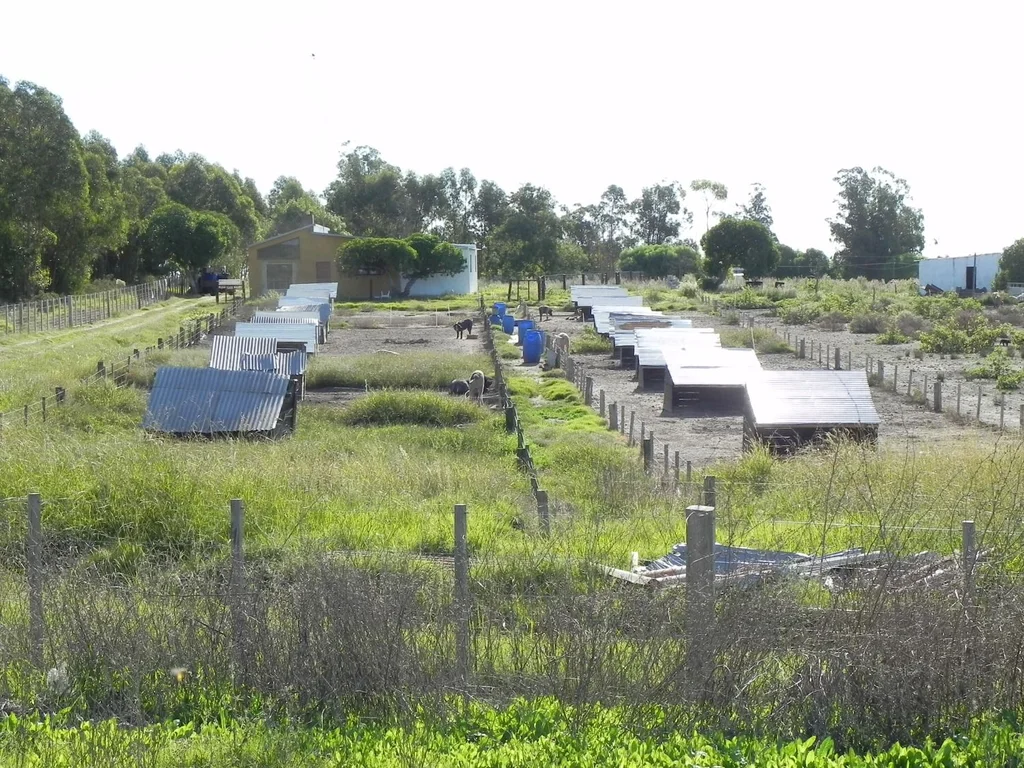
John Samuelle
Kennel neighboring the Canarian town of San Jacinto.
He added that there are very good examples of State policies where a sector was focused, protected, helped to take off and they are a success, and pointed to afforestation.
“In order to continue raising pigs in Uruguay, clear policies are needed that transcend governments,” he said.
Andrade understands that the arrival of pork from Brazil cannot be prohibited, because Uruguay would have problems if Brazil does the same with Uruguayan dairy or rice exports“but If the government talks about the importance of family policies in the field, and does very well with that, it should advance clear and urgent policies to take care of the pig sector which in many areas of the country generates employment and settles people in a dignified manner in rural areas”.
In the sector, he pointed out, there is no adequate generational change, producers with a lot of experience have no one to give their knowledge to and others of younger ages even stop investing in fattening canvas or other things because they have doubts every day about when will they last
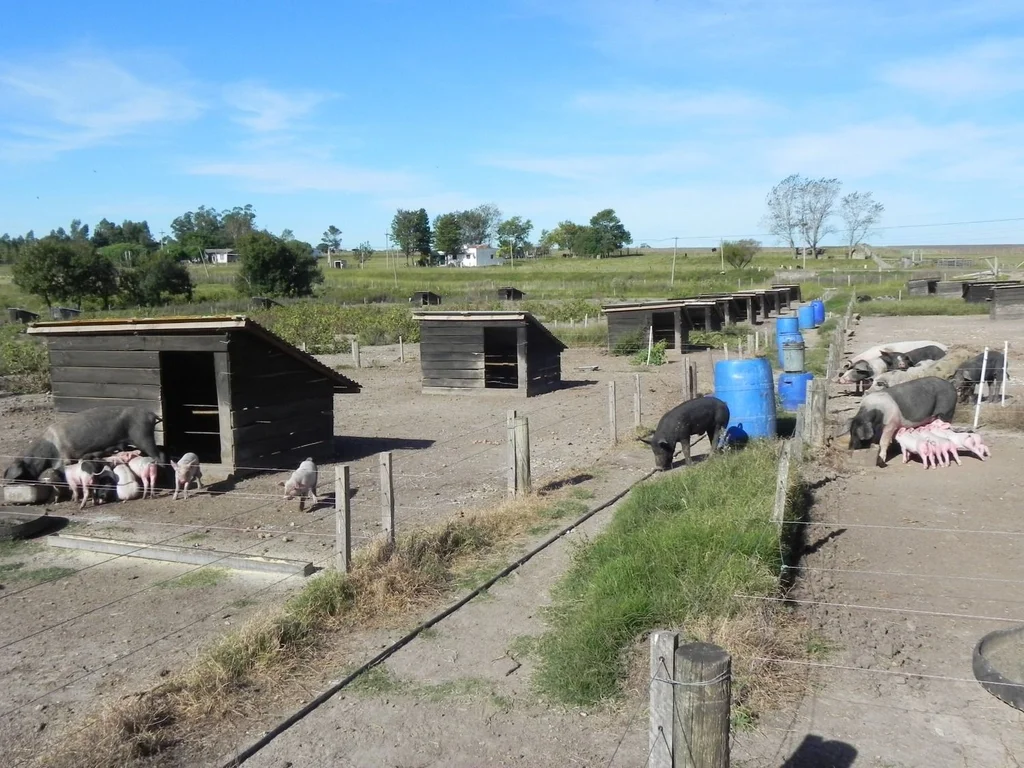
John Samuelle
Pig farm.
After lamenting that “that culture of pork butcher shops disarming pigs has been lost –Cycle 2 of dismantling pigs was dismantled because it is cheaper for them to bring everything from Brazil–”, he suggested that industries be asked to buy 2% of the total meat they process and now import live pigs. its entirety.
This proposal was transferred a few days ago to the Ministry of Livestock, Agriculture and Fisheries (MGAP) and a response is awaited, but it is also a topic that was discussed directly with heads of different departments of the ministry.
If that prospers, “producers would not have to undersell their pigs at fairs and could go ahead with minimal effort from the industrial sector,” he said.
Positive answer
On whether he is optimistic, Andrade said yes, based on the fact that the AUPC at the time made a proposal that was underway, alluding to when it was claimed that the sale of imported fat pay VAT, something that was not applied and also meant a disadvantage. for the national product.
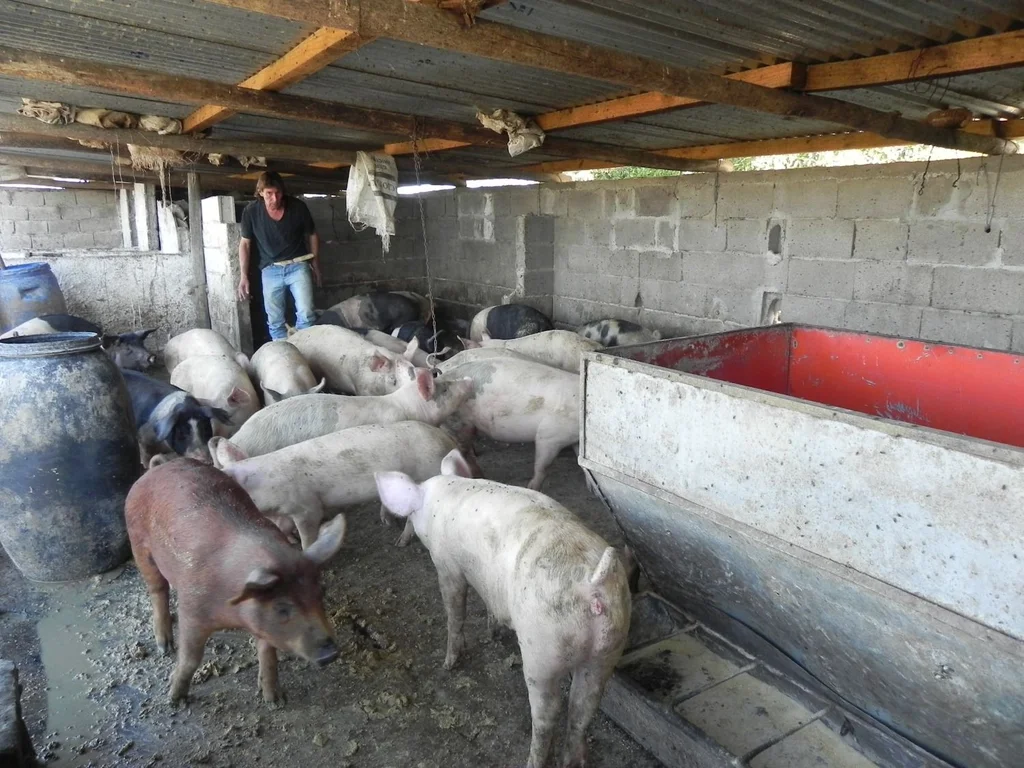
John Samuelle
Pig farming on a farm in Canelones.
The president of the AUPC finally identified another reality: “There are factories that make sausages that are national companies and cannot export the added value that they give to putting my pig in a casing because they dump, because they use meat that is not national” .
